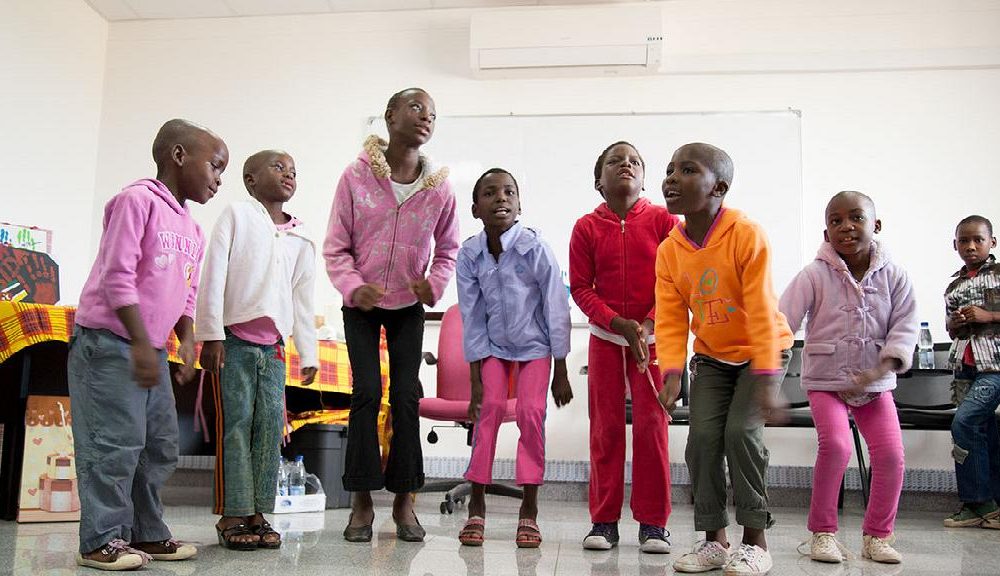Must-watch Startups in Africa’s Fintech Space in 2021
Building a fintech startup is the trend in Africa, and there seems to be a new financial product every month. But after seeing clones after clones of savings apps, it’s refreshing to see people building in other areas.
More than $1.07 billion flowed into Africa’s startups in 2020, with the fintech sector accounting for the largest chunk. However, what marked the year was the landmark acquisition of Paystack for $200 million.
Out of the many companies that raised funding, we highlight three sectors that have gained popularity in the past year and could continue to rise in the next few years. These sectors – Financial APIs, Data & Analytics and Digital banking – didn’t raise any disclosed funding in 2019 but in 2020 raised a combined $185 million. These sectors and their products attracted new investments based on their purpose and Africa’s fintech trajectory.
This article focuses on the new set of fintech solutions that rose to prominence last year in relatively novel African fintech areas. Most were able to raise record funding while others got a huge reception.
Data & Analytics: Gro Intelligence, Achee, Briter Bridges
Data & analytics had been one of the hardest ventures to sell to investors in Africa before now, but that is rapidly changing. We are seeing startups focused on data, making sense of data and providing intelligence to help investors and companies make data-driven decisions.
Kenyan data analytics company Gro Intelligence raised $85m Series B funding round in 2020, one of the biggest round raised by any African startup. It puts the startup on the path to become one of the few billion dollar companies in Africa. Gro Intelligence provides AI-powered decision-making tools, solutions and analytics to the food, agriculture, and climate sectors and the other companies in the value chain.
However, we are seeing some exciting startups providing data and intelligence services in other sectors too. Briter Bridges, for one, provides data and intelligence on startup funding in Africa helping private investors understand the continent better. Another is Achee. The product, which is in beta, allows retail investors to track all their investments on one dashboard with premium access to insights on how to make better investment decisions.
Financial APIs & Connectors: Okra, Mono, OnePipe
If you know Plaid, which got almost acquired by Visa for $5.3 billion, then you understand why this sector in Africa got on the radar of investors in 2020. Financial API startups became a big deal in Nigeria in late 2019. Each of these startups raised impressive pre-seed rounds and look like they could be the next big thing in Africa fintech space, allowing a new set of fintech startups in Africa. Just like Plaid powers lots of other finance apps.
Mono looks more like Plaid, aggregating financial services applications and allowing businesses to get access to customer transactions and balances.
While Okra allows users to easily connect their bank accounts to other financial applications like credit and investing apps. Both Okra and Mono allow businesses to set up and manage direct debits on users’ bank accounts.
However, OnePipe focuses on building an infrastructure for traditional financial services like banks and fintechs to exchange data. The startup raised $950k in pre-seed investment late last year.
Digital Banking: Umba, Kuda, Brass
Challenger banks have grown to much popularity in Europe and the US. These digital banks are building zero-cost, digital-only banks to disrupt traditional financial institutions. In Africa, a number of startups have raised lots of money to fuel their growth.
Kuda raised $10 million in 2020 to pursue its mission of delivering low-cost banking to Africans, starting with Nigeria. The seed round funding was the largest ever in Africa. “We want to bank every African on the planet, wherever you are in the world,” Kuda bank CEO said.
Umba has almost the same goal as Kuda, providing zero-cost banking services. It is seeking to enter the Nigerian market after gaining some traction in Kenya. It launched promising users free bank accounts, free and fast money transfers, cashback on all transactions.
Brass is dissimilar to the others. Its main focus is banking SMEs and providing current accounts for entrepreneurs. The accounts are held by First City Monument Bank, a Nigerian bank. It also provides analytics tools to help entrepreneurs understand their finances.
With the leading challenging banks like Monzo, Starling, N26 and Revolut still trying to figure out the most profitable business model, it would be interesting to see how the African counterparts can make free banking sustainable.
It would be interesting to see how these startups develop and evolve over the next 10 years.
Feranmi Akeredolu is a creative and knowledge brand with huge experience in the fintech space. He has led the growth teams of venture-backed fintech companies in Africa and has great knowledge of the market. He loves learning about new things and building new products. You can reach out to him to discuss the African market and growth opportunities.

